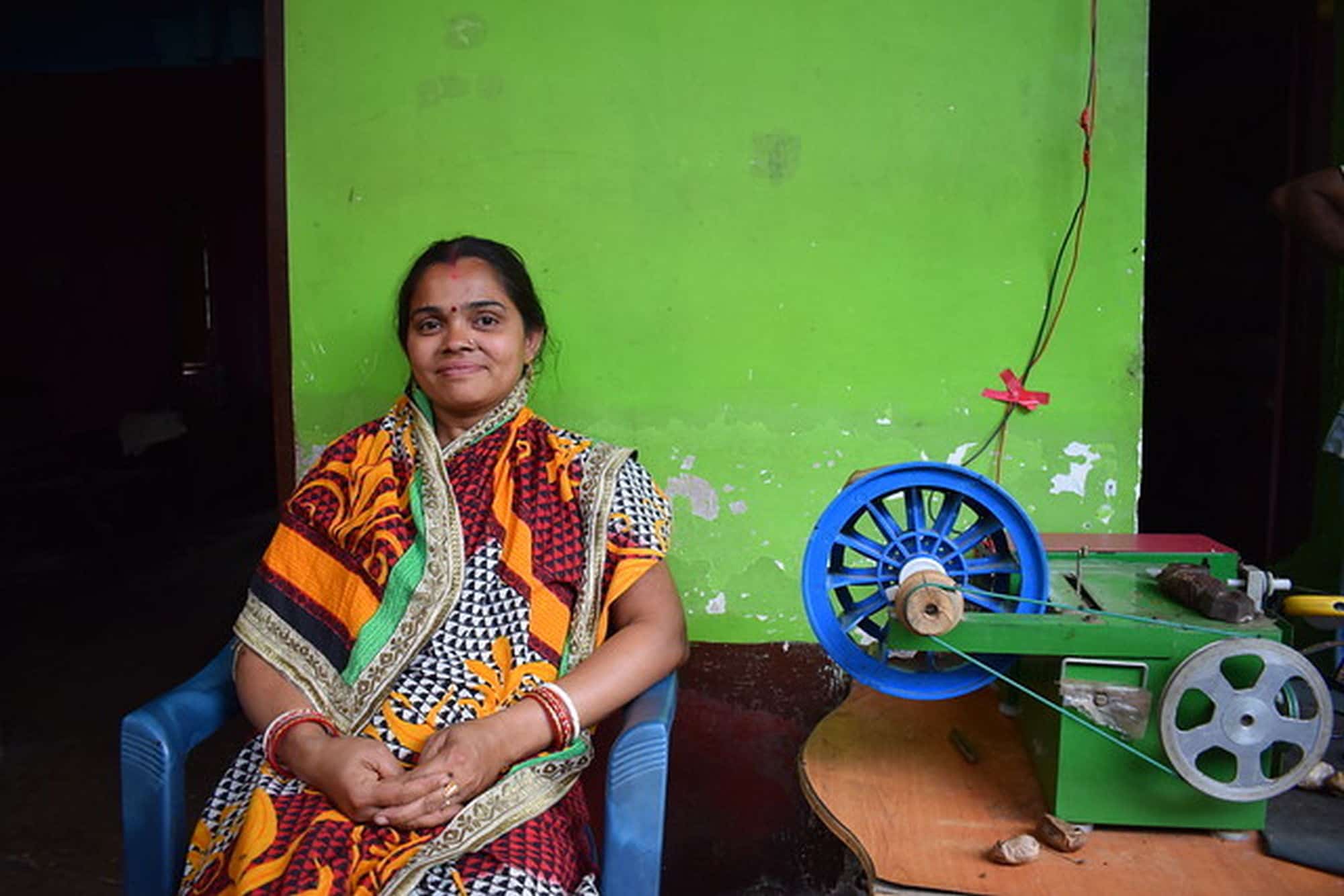By Harriet Lamb, CEO Ashden, and Harish Hande, CEO SELCO Foundation
This piece first appeared in the Deccan Herald
Decentralised Energy is the future for India and much of the developing world – delivering new and better work, cleaner air, improved health and much more. In under-developed rural areas with little or no grid connection, its impact can be huge.
The organisations driving change are often SMEs and social enterprises. They are the ones filling homes with affordable solar lamps and non-polluting cookstoves, streets with electric rickshaws, and fields with efficient solar-powered farming technology.
These innovative leaders have always been underfunded and poorly supported. But now they are teetering on the brink because of the coronavirus pandemic. Supply chains are disrupted, social distancing makes sales difficult, and many customers simply cannot afford to pay. Some enterprises are just weeks away from collapse.
In a recent survey by industry network the Global Distributor’s Collective, 71% of enterprises reported reduced sales due to low customer income or reduced access to communities. More worryingly, 14% said they had ceased operations completely.
Of course, every corner of society is under pressure because of the health crisis. But these enterprises in particular do much more than supply vital products and services. They are a vital link to inaccessible communities, supporting the most vulnerable. If they are not supported through this emergency, world’s development goals (and indeed the climate goals) will be dealt a terrible blow.
Two enterprises, in India, highlight the unique power of such organisations. Resham Sutra develops and sells solar-powered silk weaving machines that improve the incomes and health of women in rural Odisha. Designing this new technology called for years of experimentation and invention, scouring the world for key bits of machinery. But now Resham Sutra’s machines are up to ten times more energy-efficient than regular motorised models, which are often unreliable and useless during power cuts. As well as supplying technology, Resham Sutra helps customers access affordable finance and government subsidies.
Similarly, Envo Business Solutions provides customized solar powered solutions to households in the North East States of India. They are able to provide customised solutions with door-step service to some of the most remote end-users in the states of Assam and Meghalaya. The rugged terrain in these places have made it difficult for the communities to access affordable energy, and enjoy the improvement it brings to their well-being and livelihoods. Envo have been a life-line for many for them.
What unites Envo and Resham Sutra – along with thousands of similar organisations, in India and beyond – is their deep connection to the rural communities they serve. They understand local needs and address the many complex factors that trap people in poverty. Both Envo and Resham Sutra have swiftly pivoted their operations to address the pandemic. In Resham Sutra’s case, it has helped the marginalised communities access emergency supplies of food and other essentials.
These are outstanding enterprises – nimble, innovative and committed to building a more just world. But by choosing to serve the hardest to reach, such enterprises are themselves inevitably fragile, reliant on income from customers without savings or social safety nets. During the 2008 financial crisis, governments moved to rescue banks considered ‘too big to fail’. Now they must rescue the enterprises which are too valuable to fail. These innovators need funds and they need them fast.
Relief and stabilisation funds for clean energy enterprises are emerging. But the money available seems to be flowing towards larger, higher-profile organisations with existing connections to finance. For many smaller organisations, an injection between $5,000 and $50,000 would help ensure survival through this difficult period. But, cruelly, transaction costs make such amounts unattractive to many funders and investors used to working on a larger scale. As a result, an entire ecosystem of suppliers and frontline organisations is on the brink of disaster.
That is why many in the climate sector are calling for stabilisation funds that channel grants or soft loans through umbrella organisations such as incubators and accelerators. These funding intermediaries would use their sector expertise to ensure money is deployed carefully and efficiently, and that help reaches even the smallest frontline enterprises.
At the same time, all investors and funders in the energy access sector must focus their efforts on supporting these frontline enterprises. It is vital they understand these organisations’ urgent need for help, but also their incredible power to drive development and social change.
Financiers must offer patient capital and patient long tenure debt. And authorities at all levels should apply policies that boost the survival chances of such enterprises. Failure to do so will only lead to higher financial and social costs in future, as efforts to ease poverty are undermined.
The coronavirus pandemic is the most immediate threat facing rural communities. But the climate emergency looms behind it. In both cases, those with the very least are most at risk. We must protect the grassroots organisations that are responding so powerfully to these two deadly threats.

